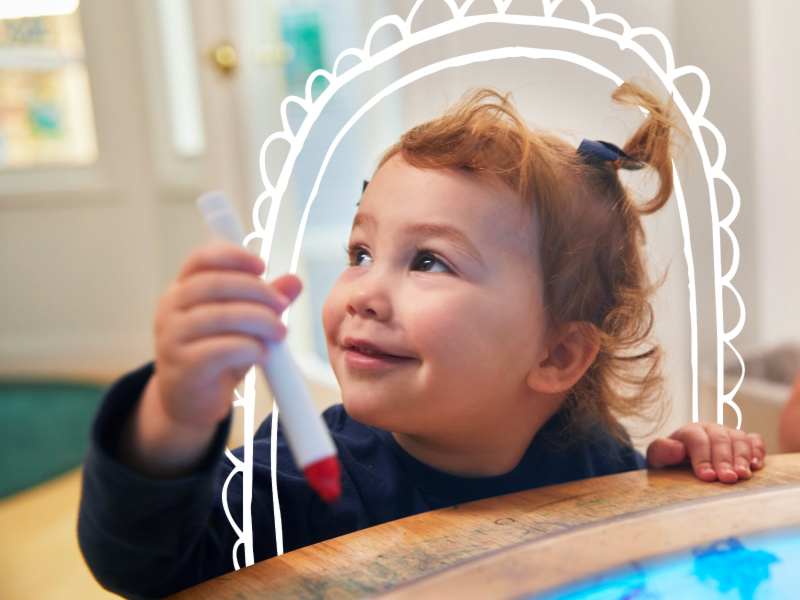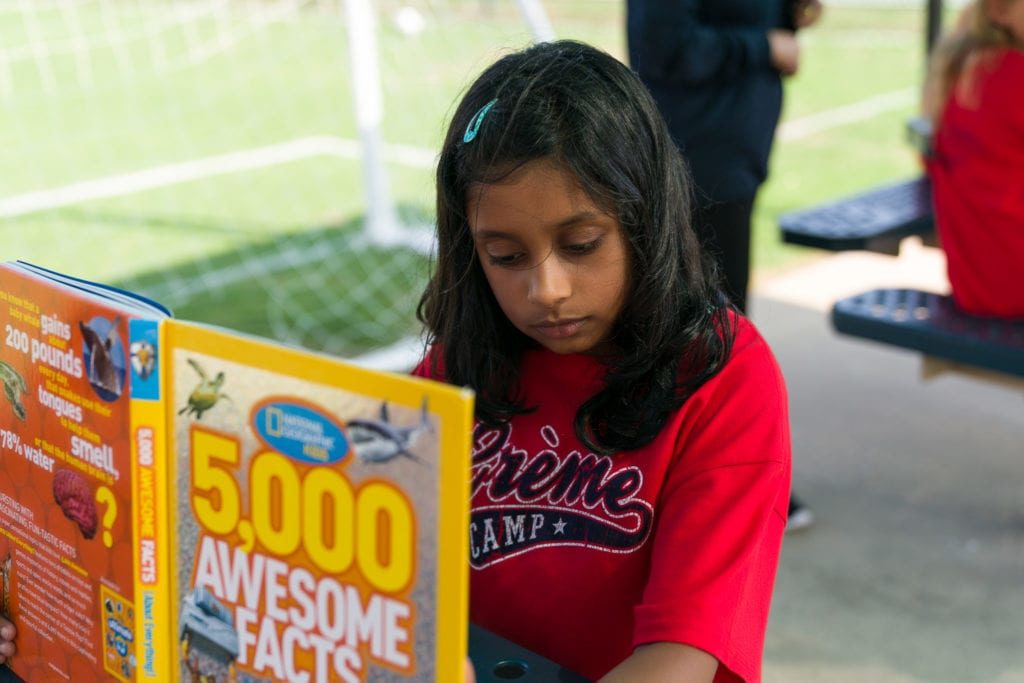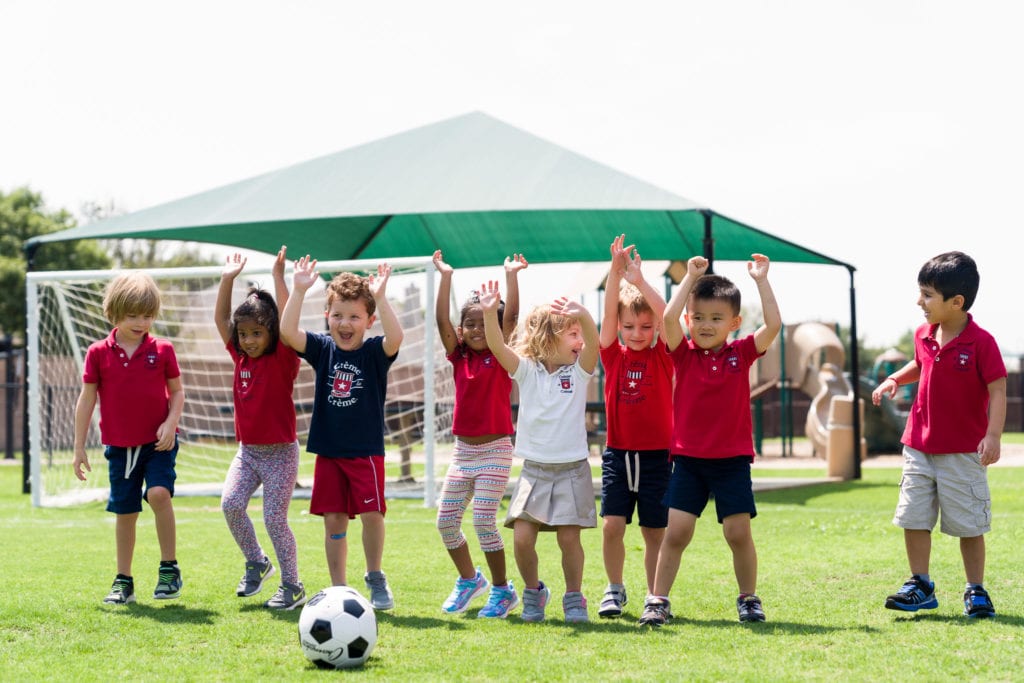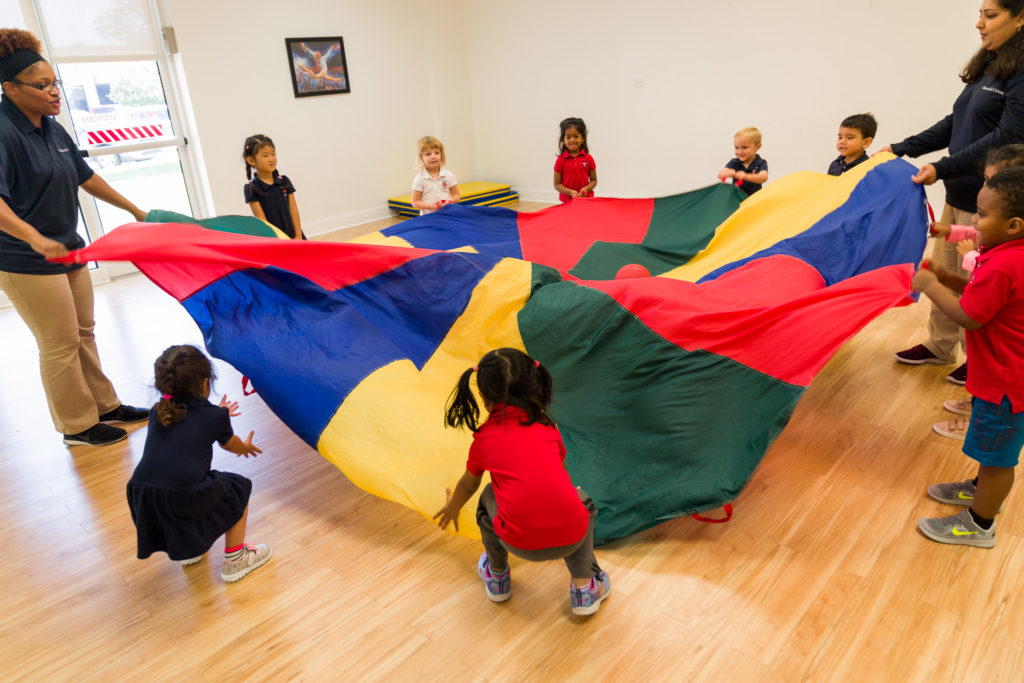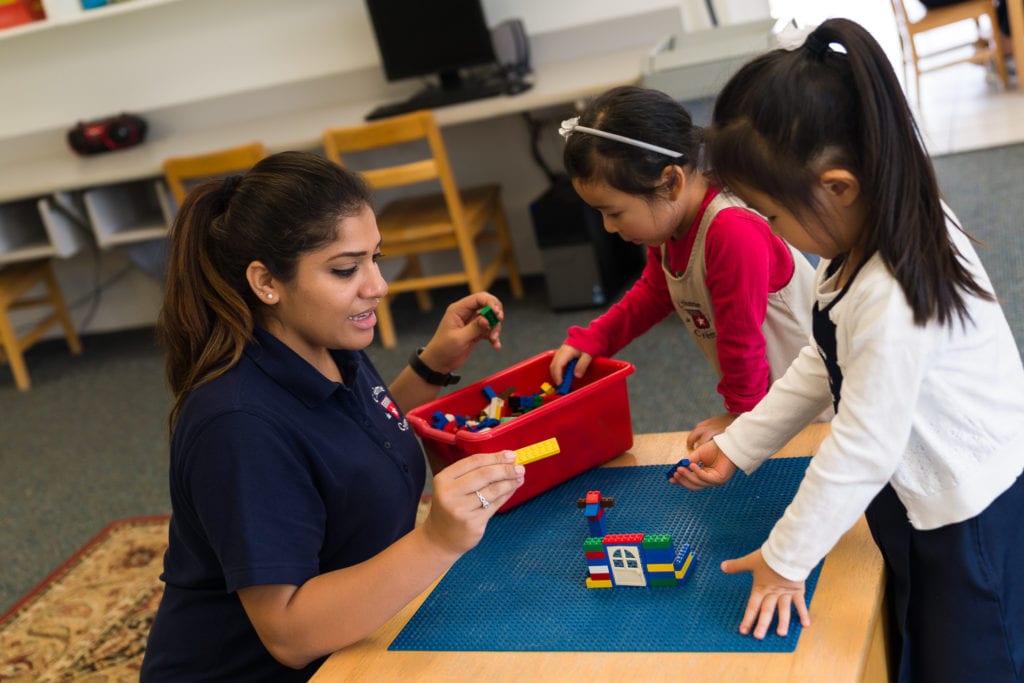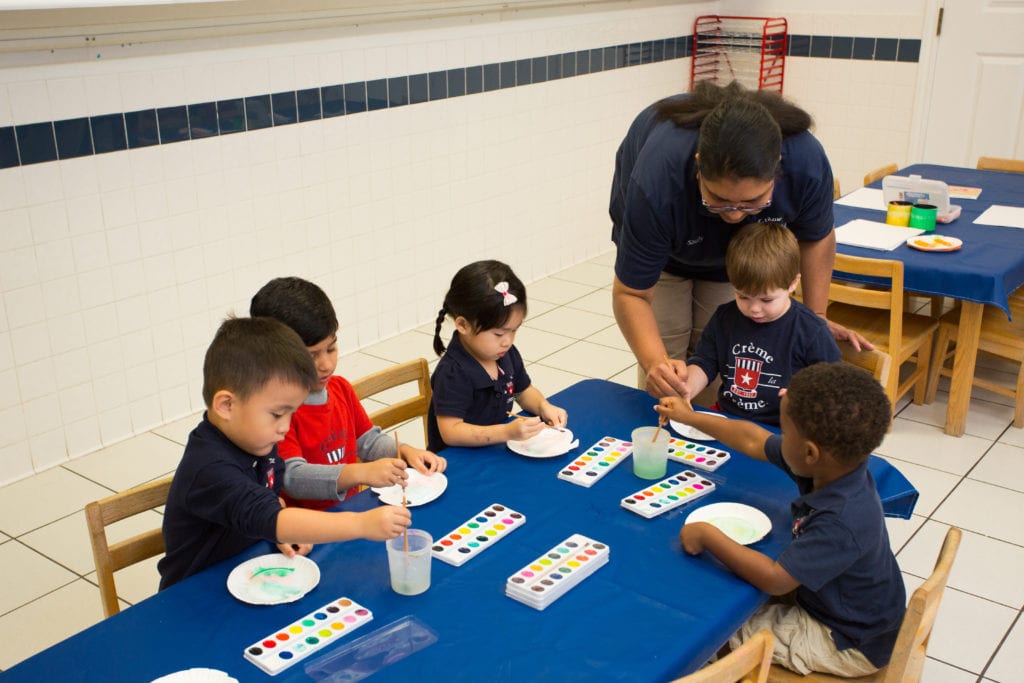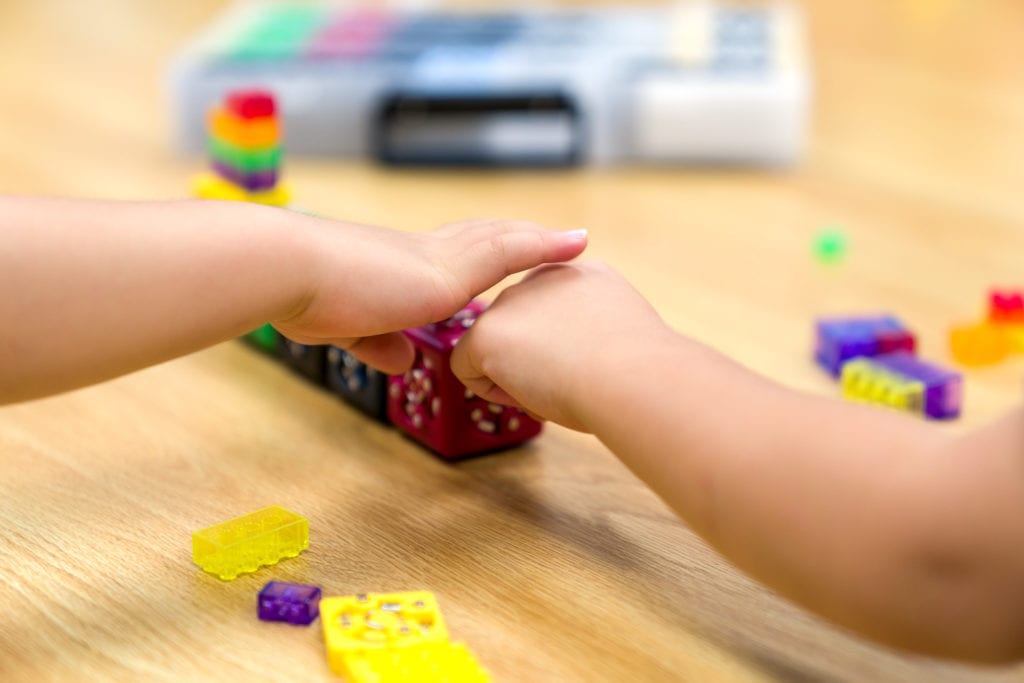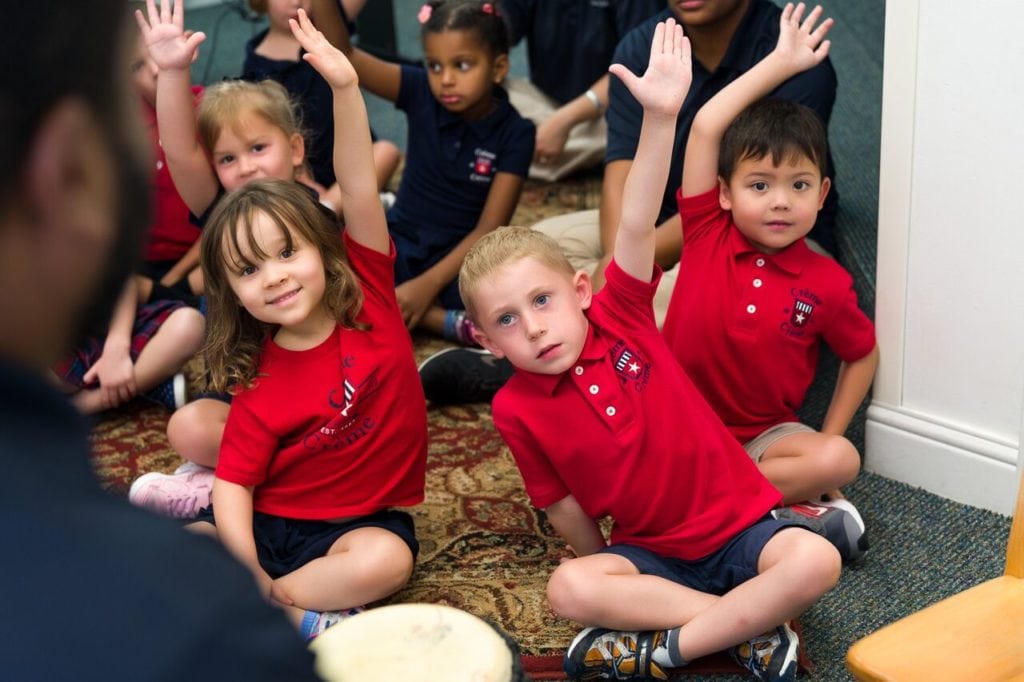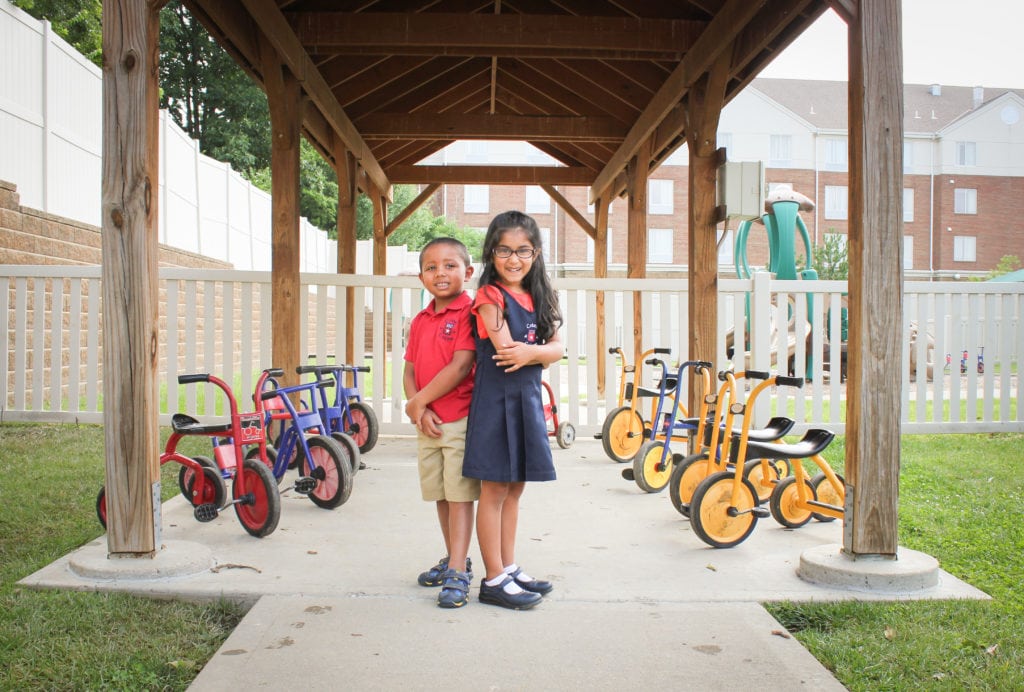What is Language Arts in Preschool?
I have always tried to make reading and language exciting to my own sons and students by describing literacy as “breaking the code.” The reason I describe it that way is to build excitement around the seemingly endless prompts to “say this, say that, repeat after me…”, and to let them understand the vast rewards… Read more

